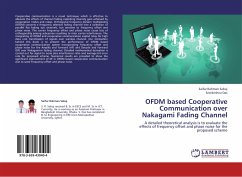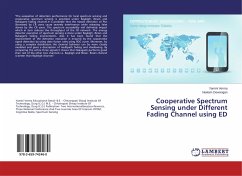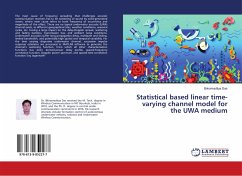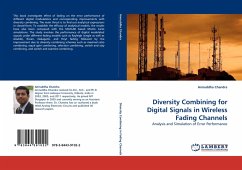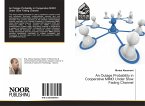Cooperative communication is a novel technique which is effective to alleviate the effects of channel fading exploiting diversity gain achieved by cooperation nodes and relays. Orthogonal frequency division multiplexing (OFDM) converts a frequency selective fading channel into a collection of parallel flat fading sub channels, but sensitive to frequency offset and phase noise. The carrier frequency offset and phase noise cause loss of orthogonality among subcarriers resulting to inter carrier interference. The integrating of OFDM and cooperative communication exploit relay for high data rate transmission of signals over wireless channel. Our motivation behind this book is to present the performance of OFDM based cooperative communication system incorporating frequency offset and phase noise for the Amplify and Forward (AF) and Decode and Forward (DF) over Nakagami-m fading channel. Detailed mathematical derivation is carried out for signal to noise plus interference ratio and average bit error rate for proposed scheme. Numerical results are provided to show the significant improvement of DF in OFDM based cooperative communication due to same frequency offset and phase noise.

